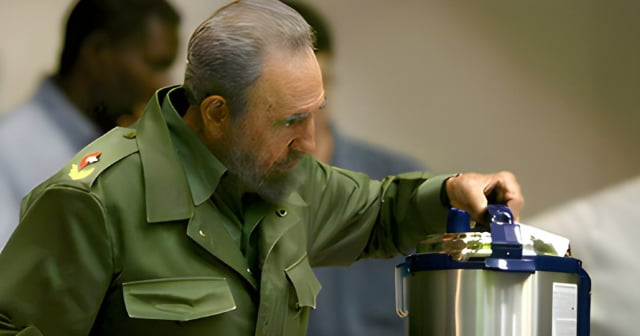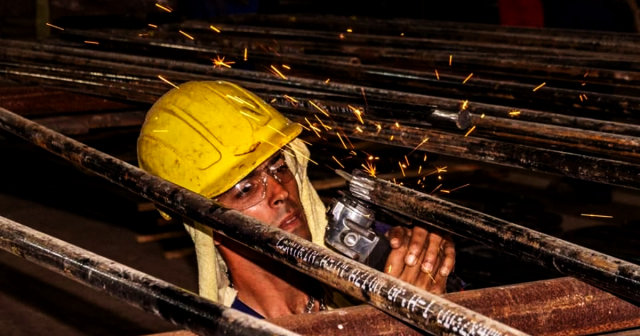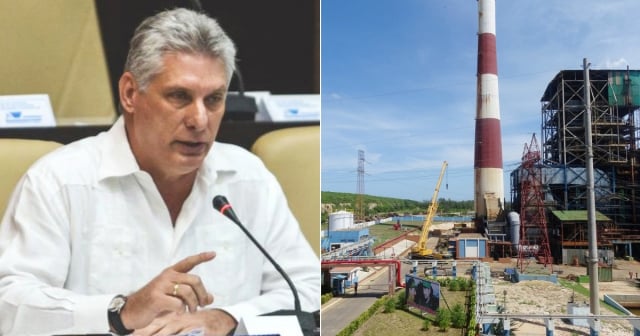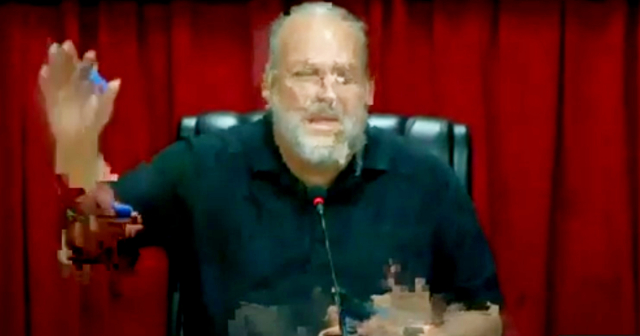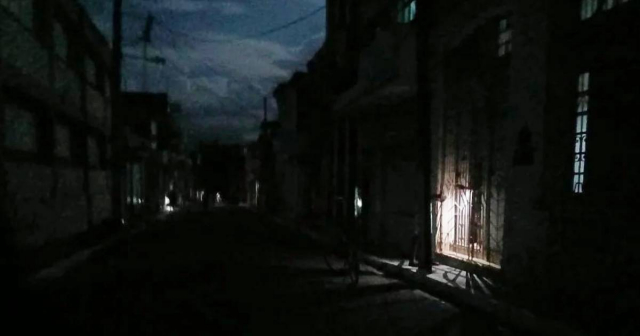Cuban leader Miguel Díaz-Canel again blamed the United States for the collapse of the electrical system on the island, which manifested most significantly with the disconnection of the entire island, causing a general blackout on Friday that has not yet been resolved.
According to Díaz-Canel, this situation is "yet another demonstration of all the problems caused by the blockade, and of the impacts of the blockade. Sometimes it is said that it is not due to this, that it is because of inefficiency, that it is intended to annoy people," further intensifying his justifications for that U.S. policy towards Cuba, which he stated many do not want to discuss.
The leader explained the two most pressing problems that exist in that sector: "one, that we do not have the fuel we need, and the other, that we have not been able to carry out the necessary repairs, and all of that comes down to currency; currency that we do not have due to financial persecution and fuel that we do not have due to energy persecution, and it is the blockade, it is due to the intensified blockade of these times."
However, Díaz-Canel's illustration and the focus on external perspectives contradict the lavish events organized or the entire investment process that the government allocates to tourism, a sector that is in decline, yet is reserved significant sums from the State budget, neglecting the much-needed renovations that the island's electrical infrastructure and other basic services have demanded for years, which are currently at alarming levels of deterioration.
The release of official data on investment in Cuba during the first half of 2024 reignited the debate about the distribution of resources on the island, particularly the Cuban regime's insistence on investing in the tourism sector to the detriment of fundamental sectors such as health and social assistance, and even energy.
According to the report from the National Office of Statistics and Information (ONEI), from January to June 2024, the regime allocated almost 40% of its investments to activities related to tourism, while investment in Health and Social Assistance is 14 times lower.
Cuban economist Pedro Monreal has suggested that it would be wise to take a "pause" in hotel investment and redirect those resources towards other priorities, such as improving energy infrastructure and agricultural production.
It was recently revealed that, amid the critical situation facing the road infrastructures on the Island, with impassable roads or those riddled with potholes, the Cuban regime allocated the scarce foreign currency it claims to have to repair roads where hardly any vehicles other than tourist buses and rental cars circulate.
What do you think?
COMMENTFiled under:

